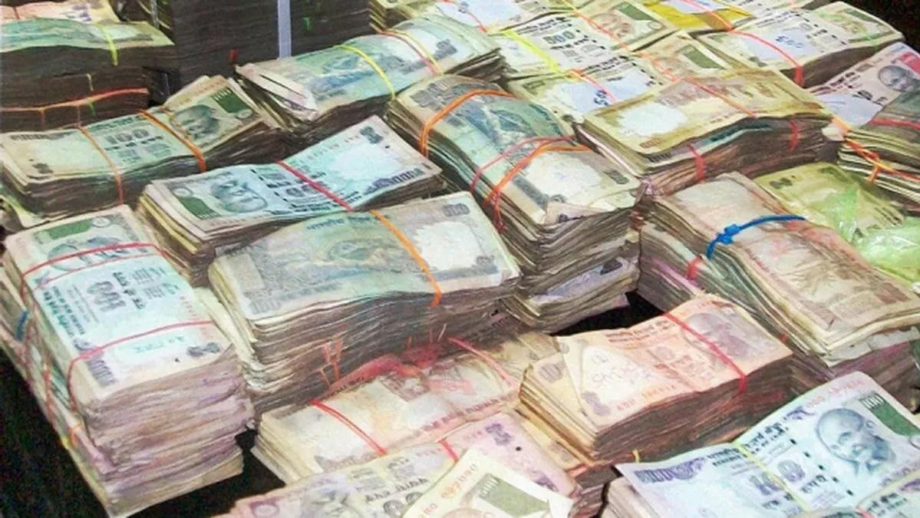In 2015, the Parliament enacted the Black Money (undisclosed foreign income and assets) Imposition of Tax Act, 2015 (‘the BMA’) to curb the menace of black money by providing stringent provisions for tax, penalty and prosecution levy. The enactment of the BMA provided for a separate taxation mechanism for undisclosed asset located outside India and undisclosed foreign income in addition to the existing provisions contained in the Income Tax Act, 1961 (“IT Act”).
The provisions of BMA were made applicable to persons who were tax residents of India when undisclosed foreign income was earned or an undisclosed asset outside India was acquired. In essence, if an Indian resident failed to pay tax on such foreign income or the source of acquisition of the undisclosed asset, the BMA would be triggered.
One-time compliance window
Upon its enactment, the BMAopeneda compliance window of three months from July 2015 to September 2015 for disclosure of assets located outside India and payment of tax of 30% and 100% of the tax as penalty. The persons who made disclosure were granted immunity from criminal prosecution.
Penalty and prosecution for tax demand under BMA
If such disclosure was not made, the BMA empowers income tax authorities to issue notice and initiate proceedings once the existence of such undisclosed assets comes to their knowledge. With 30% on the fair market value of the undisclosed asset/income as tax and another 300% of the tax as penalty, the total liability comes to around 120% of the value of the undisclosed asset or income. Moreover, criminal prosecution for various offences may also lead to imprisonment ranging from 6 months to 10 years under various provisions .
Penalty for non-disclosure and existing de minimis rule
In addition to the above consequences for tax evasion, a penalty of ₹ 10 Lakhswasalso leviable for reporting non-compliances . The said penalty was applicable in case of non-filing of income tax returns or for failure to furnish or furnishing of inaccurate particulars of foreign income or asset.In the existing provisions, a relaxation was provided from the penalty of ₹ 10 Lakhsif the undisclosed foreign asset in question was bank account(s) having an aggregate balance not exceeding ₹ 5 Lakhs (in equivalent value).
The said de minimis rule provided relief to genuine taxpayers, who even though had paid applicable income taxes in India but had missed to disclose certain low balance foreign bank accounts in the income tax return due to oversight. However, it was widely felt that the monetary threshold of ₹ 5 Lakhs was too low and, in many cases, the penalty for non-disclosure was even exceeding the value of undisclosed foreign assets.
Moreover, hardships were also caused to taxpayers having other classes of foreign assets. For instance, there were many employees of multinational corporations, who missed to disclose the shares of foreign companies received by them under ESOP schemes, even though they had paid applicable taxes on such ESOPs.However, the relaxation from penalty for non-disclosure was not applicable in thesecases.
Scope of de minimis rule to be widened
By way of the Finance (No.2) Act, 2024, the above monetary limit for relaxation from penalty is now increased from ₹ 5 Lakhs to ₹ 20 Lakhs.Further, the relaxation is now extended to all asset classes other than immovable property.This relaxation is intended to benefit genuine cases where non-disclosures in the income tax returns happened due to bona-fide reasons, without any intent to evade taxes.
It is a welcome move to widen the scope of assets as the relaxation from penalty will now apply even to shares (including ESOPs), other securities, loans, financial interests in an entity (including interest in partnership, LLP outside India), signing authority in account outside India, etc.
This new monetary limit will apply qua each individual, meaning that if a jointly held property is undisclosed, then the limit will be applied against the share of each owner. For example, Mr. A and Mr. B jointly own a financial asset outside India valued at ₹40 lakhs in the ratio of 60:40.In case of any non-disclosure, Mr. A will be liable for penalty as his share is ₹ 24lakhs, whereas Mr. B will not be liable to penalty as his share is only ₹ 16lakhs.
Words of caution
It is pertinent to add a note of caution that the above relaxation based on de minimis value of foreign assets is only from imposition of penalties for non-disclosure under the BMA. The requirement to declare foreign assets in the income tax returncontinues to apply for residents and any non-compliance may expose the taxpayers topenalties under the Income Tax Act.
Significantly, there is no express immunity from prosecution under the BMA in case of wilful non-disclosures , even if value of undisclosed foreign assets is below de minimis limit. It is quite ironical that taxpayers are shielded from civil penalties but remain exposed to criminal prosecution in such small value cases. Hopefully, suitable amendments or clarifications will be issued to address this anomaly.
Moreover, if the taxpayer is not able to explain the source of any undisclosed foreign asset, then the exposure to tax, penalties and criminal prosecution under the BMA will continue, irrespective of the value of the asset.
The authors work for Lakshmikumaran & Sridharan Attorneys. The views are personal.




